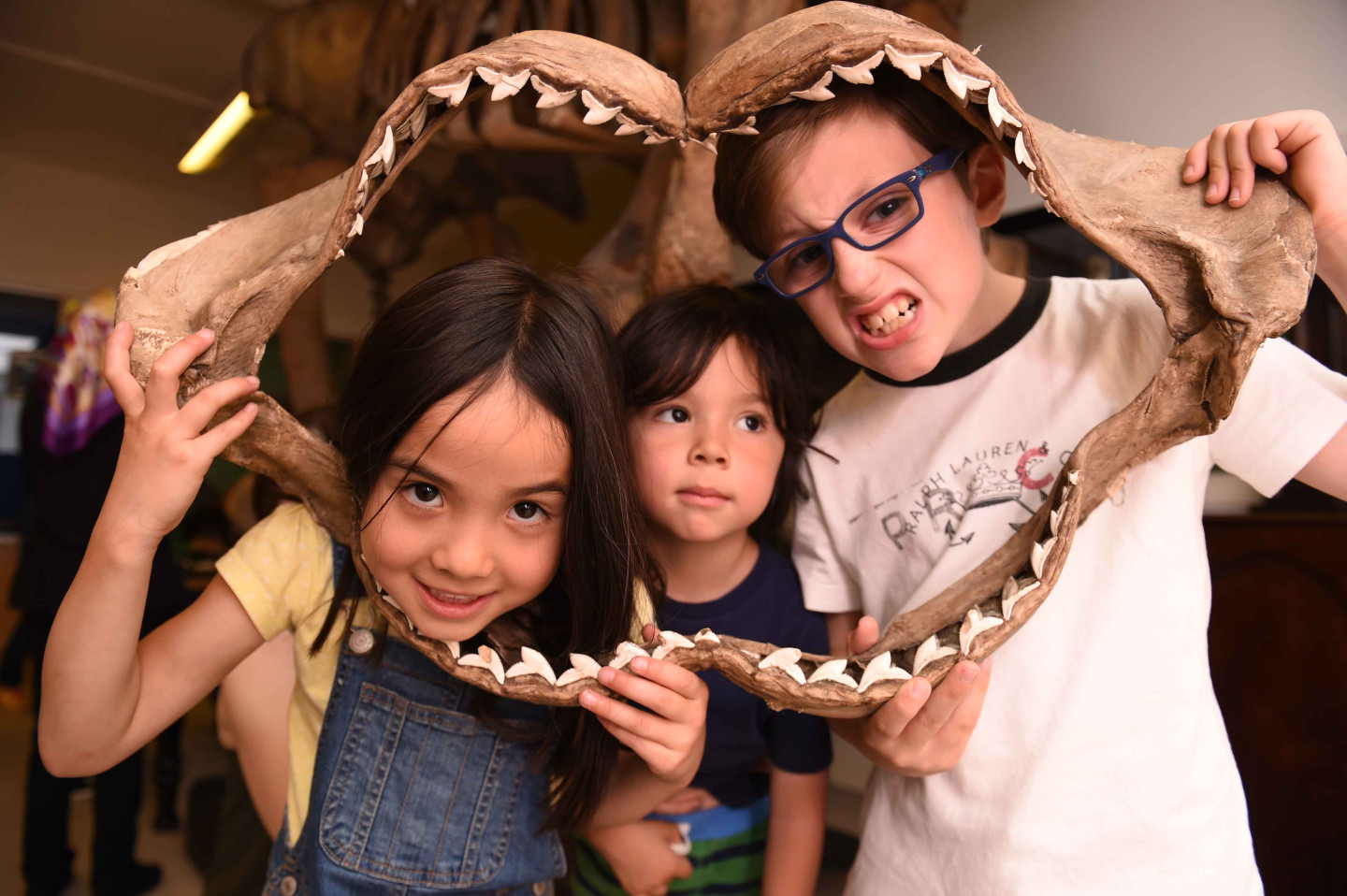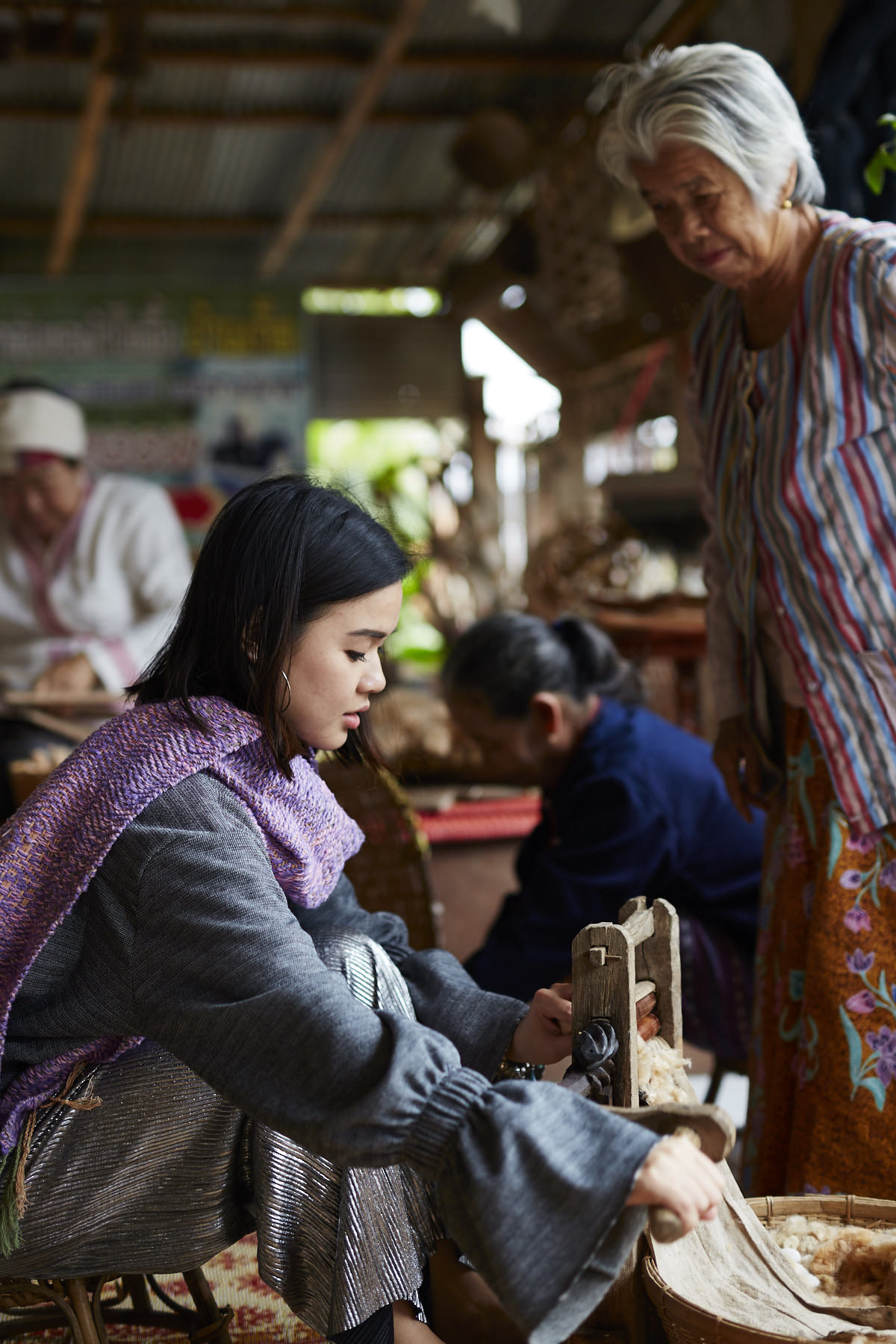

Report published: The Cultural Dimension of Sustainable Development
The report "The Cultural Dimension of Sustainable Development: Opportunities for National Cultural Institutes" summarises the main discussions and findings of the EUNIC Knowledge Sharing Workshop organised in April 2021 on the role and possibilities of culture in the UN Sustainable Development Agenda.


The 2030 Agenda for Sustainable Development is a universal call to action to end poverty, protect the planet, and improve the lives and prospects of everyone, everywhere. Adopted in 2015 by all UN Member States, it is articulated in an economic, social, and environmental dimension. While the 2030 Agenda does not include a specific mention of culture, many actors have called for the integration of culture in the SDGs. This provides new, unprecedented opportunities for international cooperation: All 17 SDGs are interdependent. Through this, they are relevant to culture either directly, as a driver of sustainable development, or indirectly, as an enabler.
In April 2021, EUNIC organised a two-days online Knowledge Sharing Workshop together with British Council and ifa, aiming to discuss and further drive the role of culture in sustainable development and to share examples of activities and best practices in this field.
Following an introduction by scholar Gijs de Vries, speakers from the British Council, Culture Ireland, Danish Culture Institute, Goethe-Institut, Institut français, EUNIC, and the European Commission presented cases dealing with the cultural dimension of social, economic, and environmental sustainability at national, regional, and global level. The case studies were framed by research on the role of culture in contributing to the Sustainable Development Goals conducted by the British Council and ifa, and by previous EUNIC initiatives enriched by a discussion of the internal and external policy context developed by the European Union.
The report summarises the main points of discussion during these two days and gives deeper insights into the context, policy background and evolution of culture in the framework of the 2030 Agenda. It concludes with recommendations on partnerships, dissemination & communication, advocacy, relevance & efficiency, and monitoring & evaluation.
EUNIC is taking the insights and conclusions of this workshop further, supporting the trend of many of its members to actively link their initiatives with the SDGs. Accordingly, this years EUNIC Cluster Fund Call for Proposals 2021 lies an optional thematic focus on projects addressing one or several SDGs through their activities. EUNIC clusters interested in applying can find more information about the call here.
